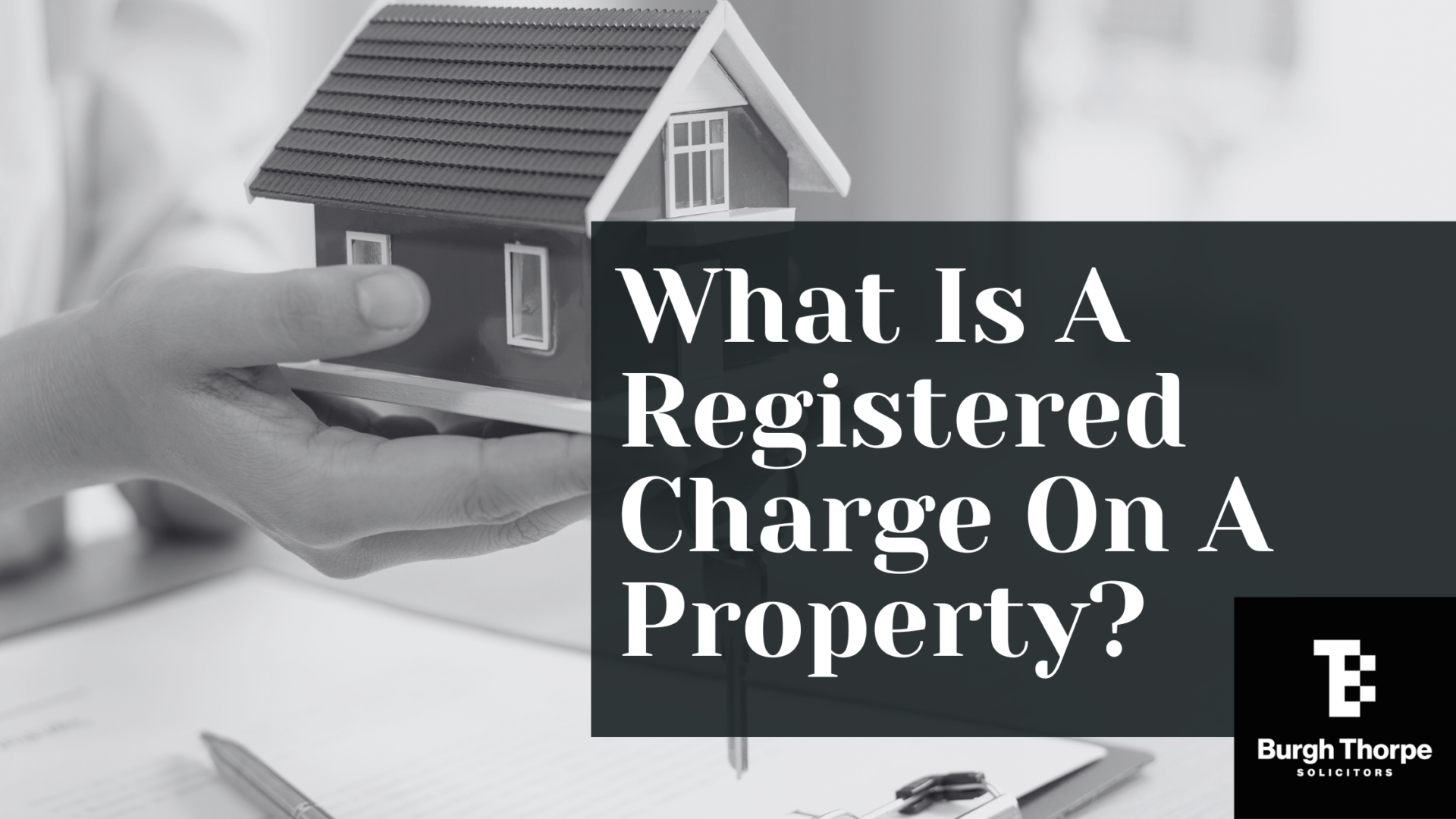What Is A Registered Charge On A Property
Conveyancing Posted 12 December 2024Many of us will borrow money to buy a property. However, few of us will consider how the lender of the money protects their interest. This is through something called a legal charge. As a homeowner it can affect how you deal with your property. However, as a lender of money to help someone purchase a home, it can be a useful tool to protect the loan of the money.
But what is a registered charge on a property? That’s what we look into in this blog post. Remember, if you have any queries about buying your home, speak to our professional conveyancers in Peterborough. They will happily talk through any concerns or queries that you might have.
There are technical differences between a charge and a mortgage. However, most people will use the words interchangeably. A charge is a legal interest in the property. The owner of the property, also known as the chargor or mortgagor, will create the charge in favour of the third party, who is known as the charge or mortgagee. This is done to secure debt. It is commonly done as a mortgage used to buy a house.
The charge will give the lender certain rights over the property. One example of this is that they could sell the property. They could then use the proceeds to pay off the outstanding deb if the borrower is unable to.
In this modern day, most land is now registered at the Land Registry. If this is the case, for a charge to be legally effective, the charge must be registered. It will then be known as the registered charge. However, if the land is not registered at the Land Registry, then the creation of a legal charge will often mean that the owner will need to apply for the registration of the land and the charge.
It is important that the registration of a legal charge also provides a state-backed guarantee of its validity. This is why a registered charge on a property is the preferred security type for many lenders.
When selling your home or remortgaging your property, your property solicitor will need to deal with any registered charge. They will check and confirm the amount needed to pay off the registered charge. It is essential that this is paid off, so the lender releases their charge at the time of house sale completion.
Having a professional property solicitor who understands the detailed requirements of your lender will make the purchase, sale or remortgage of your property a much smooth process.
